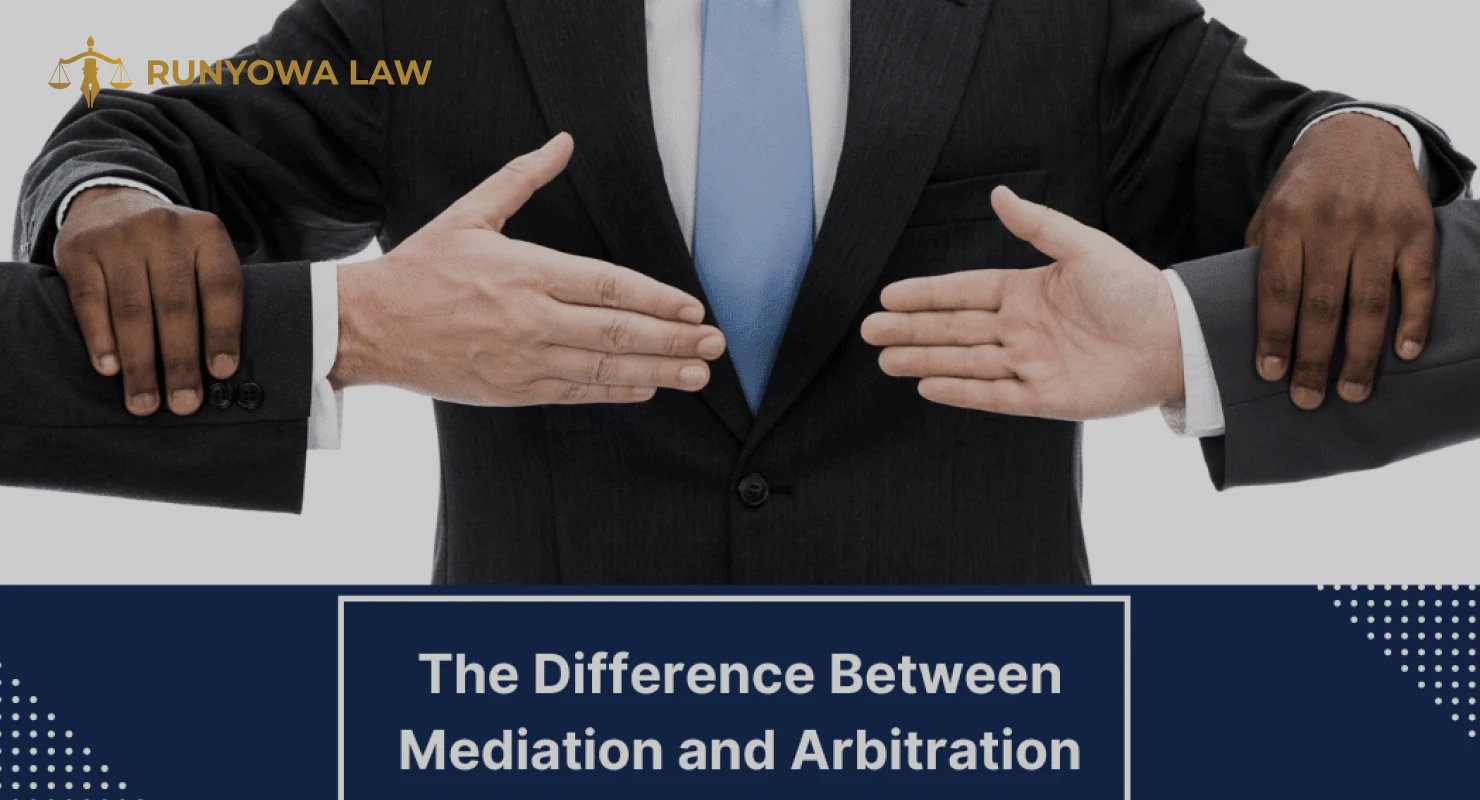Sports may be about competition, teamwork, and excellence, but disputes are inevitable in such a high-stakes environment. From player contracts and sponsorship agreements to disciplinary issues and eligibility challenges, conflicts can disrupt careers and organizations. To address these disputes fairly and efficiently, two widely used methods are mediation and arbitration.
While both fall under alternative dispute resolution (ADR)—methods of resolving conflicts without going to court—they differ in process, authority, and outcomes. Understanding these differences is crucial for athletes, agents, clubs, and governing bodies navigating the complex world of sports law.
Why ADR Matters in Sports
Traditional litigation is often slow, costly, and highly public. In sports, where disputes can directly affect competitions, reputations, and sponsorships, confidentiality and speed are vital. ADR methods like mediation and arbitration provide:
- Confidentiality: Disputes are resolved privately.
- Specialization: Sports law arbitrators and mediators often have expertise in the industry.
- Efficiency: Quicker resolution compared to lengthy court processes.
- Preservation of relationships: Especially important when athletes and organizations must continue working together.
What is Mediation in Sports?
Mediation is a voluntary and collaborative process where a neutral third party—the mediator—facilitates discussions between disputing parties to help them reach a mutually acceptable solution. The mediator does not impose a decision but guides negotiation and communication.
Features of Mediation
- Voluntary: Both parties must agree to participate.
- Confidential: Discussions cannot be used against parties in future legal proceedings.
- Flexible: Parties control the process and outcome.
- Non-binding (unless formalized): The mediator cannot force a solution; agreements are only binding if parties choose to sign a settlement.
Example in Sports
A football player disputes the terms of a sponsorship deal with a brand. Mediation allows both sides to renegotiate terms privately without damaging reputations or relationships.
Advantages of Mediation
- Preserves ongoing relationships.
- Less adversarial compared to arbitration or court.
- Faster and less expensive.
- Greater control over the outcome.
Limitations of Mediation
- No guaranteed resolution if parties cannot agree.
- May not be suitable for cases requiring a definitive ruling, such as doping or disciplinary issues.
What is Arbitration in Sports?
Arbitration is a more formal ADR process where disputing parties submit their case to a neutral arbitrator (or a panel) who makes a binding decision. Unlike mediation, arbitration resembles a private court proceeding, though it is usually faster and more specialized.
Sports arbitration is often handled by bodies like the Court of Arbitration for Sport (CAS), which has jurisdiction over international sports disputes, including doping cases and Olympic-related issues.
Features of Arbitration
- Binding decision: The arbitrator’s ruling is enforceable and final (with very limited grounds for appeal).
- Formal procedure: Includes hearings, evidence presentation, and witness testimony.
- Specialized expertise: Arbitrators are often sports law experts.
- Mandatory in some cases: Many sports organizations require arbitration under governing rules.
Example in Sports
An athlete accused of doping appeals a ban before the Court of Arbitration for Sport. The arbitrator hears evidence and delivers a binding ruling on eligibility.
Advantages of Arbitration
- Binding outcome provides certainty.
- Expertise ensures fair consideration of sports-specific issues.
- Faster than traditional court litigation.
- Recognized internationally—CAS decisions are respected globally.
Limitations of Arbitration
- Less flexible—parties must accept the arbitrator’s decision.
- Can be costly, especially for international cases.
- Limited appeal options.
Mediation vs. Arbitration: Key Differences
| Aspect | Mediation | Arbitration |
| Nature | Collaborative, negotiation-based | Adjudicative, decision-based |
| Control over outcome | Parties decide settlement | Arbitrator imposes decision |
| Binding? | Only if parties agree | Binding and enforceable |
| Cost & Speed | Generally lower cost, faster | More formal, can be costlier |
| Confidentiality | Confidential | Confidential, but rulings may be published in some cases |
| Best suited for | Contract disputes, sponsorship, interpersonal issues | Disciplinary cases, eligibility, doping, contractual breaches requiring clarity |
When to Use Mediation in Sports
Mediation works best when parties value their ongoing relationship and want to find a win-win solution. Common situations include:
- Contract negotiation disputes.
- Sponsorship or endorsement disagreements.
- Conflicts between teammates or within clubs.
- Salary disputes where compromise is possible.
When to Use Arbitration in Sports
Arbitration is more appropriate when a binding, authoritative decision is required, such as:
- Doping and anti-corruption cases.
- Player eligibility and transfer disputes.
- Contract breaches with significant financial impact.
- Appeals against decisions by governing bodies (e.g., FIFA, IOC).
Which Method is Right for Sports Disputes?
- Choose mediation if preserving relationships, confidentiality, and flexibility are priorities. It’s ideal when compromise is possible.
- Choose arbitration if a binding, final decision is necessary, particularly in high-stakes regulatory or disciplinary matters.
In many sports contracts, dispute resolution clauses specify mandatory arbitration (often under CAS rules). However, mediation is increasingly promoted as a first step to encourage resolution without escalation.
Conclusion
Disputes in sports can affect careers, reputations, and organizations at every level. Both mediation and arbitration offer effective alternatives to traditional litigation, but they serve different purposes. Mediation emphasizes cooperation and compromise, while arbitration ensures a binding, enforceable outcome.
For athletes, clubs, agents, and governing bodies, understanding the distinction between these two processes is vital. Choosing the right path—whether mediation for dialogue or arbitration for certainty—can save time, preserve relationships, and ensure fair outcomes in the fast-paced world of sports.




